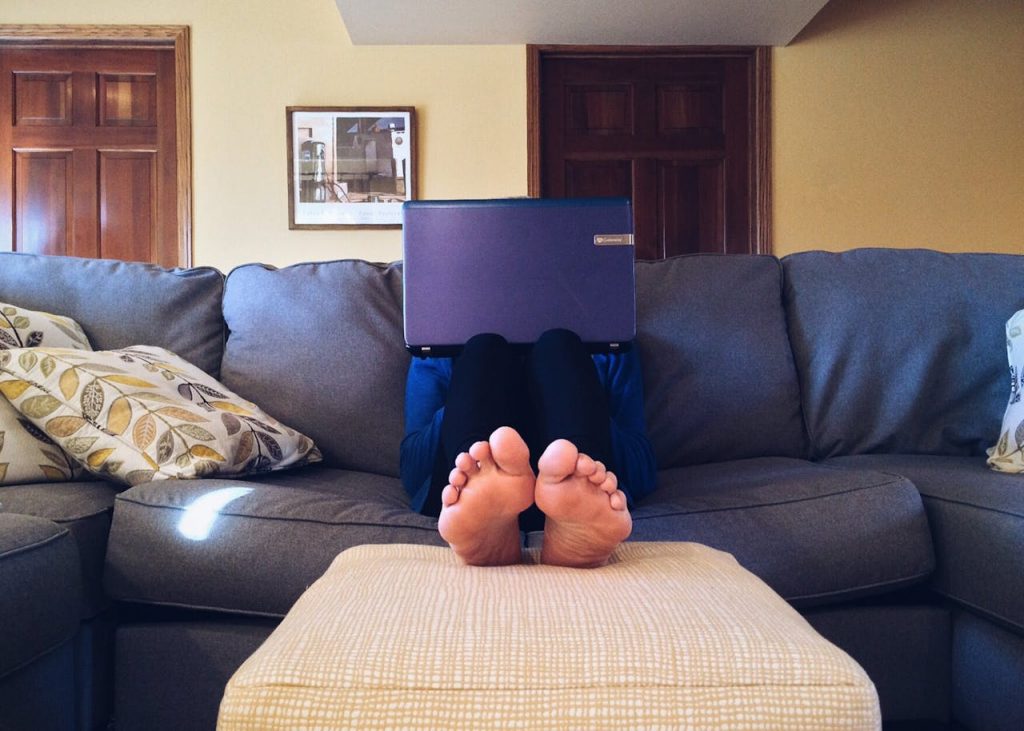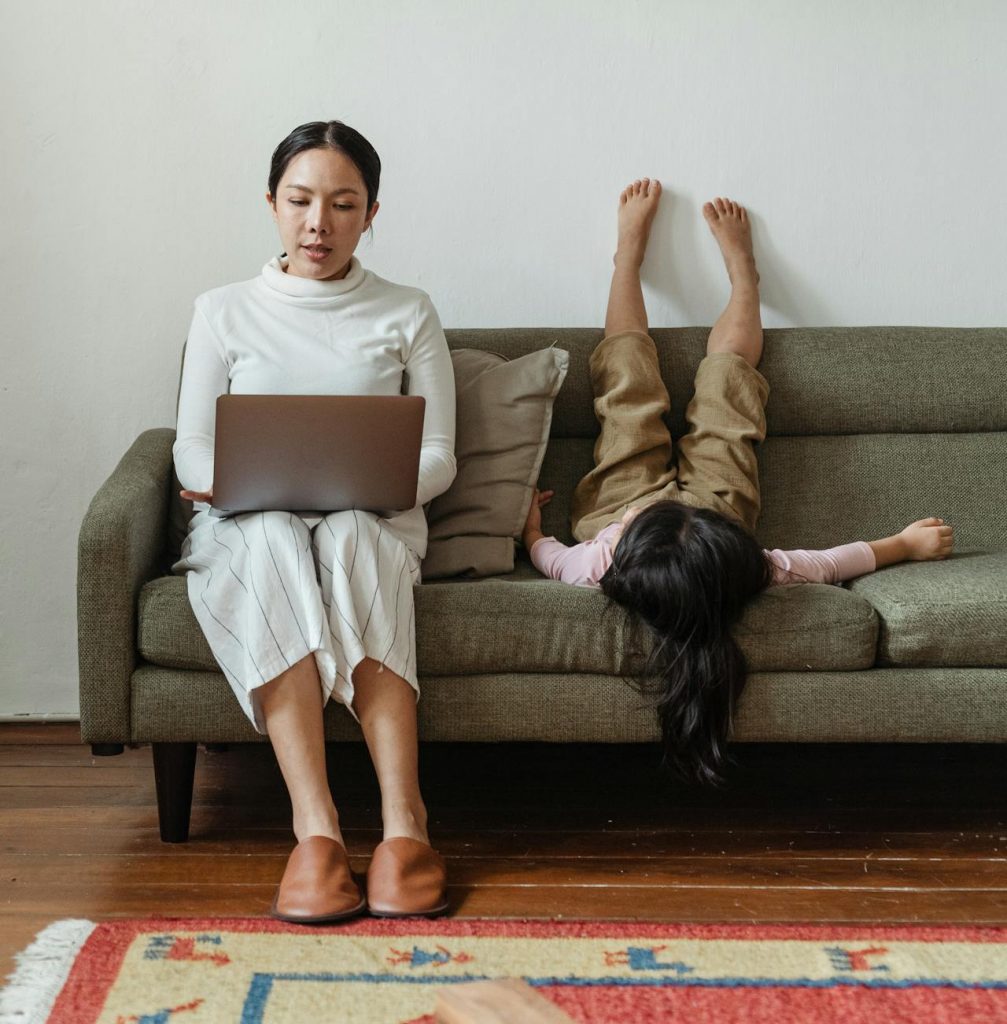We can’t deny that the pandemic has had lasting impact on the way we work. Remote work has enabled unprecedented flexibility and convenience, leading to better work-life balance and subsequently quality of life for many. We can create personalized workspaces and this comfort may mean increased productivity in some cases, not to mention the cost savings when it comes to travel expenses and so on. So, all of this must lead to better job satisfaction right? In reality – not always. Like any significant change, remote work brings both benefits and challenges and it can be a double-edged sword when it comes to mental health, says Dr Gurveen Ranger, Clinical Psychologist, Adult Specialist at Sage Clinics.

So, what do we need to keep an eye out for if we are remote working?
The first thing that comes to mind is loneliness. There is a lot to be said about those ‘watercooler moments’ in the office, and when you miss out on the daily interactions with colleagues you may find yourself feeling more and more isolated, particularly those who thrive in social settings or are motivated by the energy of others around them. You also may be used to being able to catch a colleague or a manager for immediate guidance and if this takes longer you may start to feel less supported than you used to. Team dynamics can take a hit too – the less time you spend with each other the more disconnected you may feel from the team and organization.

Furthermore, whilst for some people remote work means an enhanced quality of life and work-life balance, for others it may mean the boundaries between work and home are blurred. It can be hard to switch off if your ‘office’ is also your living room or bedroom for instance, or if you can see your laptop out of the corner of your eye all the time. This can lead to working longer hours, overworking, and ultimately – stress and burnout. The constant connectivity can create a sense of perpetual pressure – I recall when I first started working from home at the beginning of the pandemic I was so worried my manager would think I was slacking that I ended up not allowing myself any break in the day just so my Microsoft Teams wouldn’t default to the dreaded “away” message!

Another commonly reported difficulty for some of my clients who work from home is having to balance work with household duties. When you are at home, especially if you live with others it can be easy to fall into the trap of “oh whilst you’re here can you just do this it will only take 5 minutes.” These interruptions can add up and impact focus and productivity as a result.
So, how might we find balance?
Routine is everything – Set your regular working hours, just like you would in the office. Start your morning just as you would be if you were commuting – get dressed (maybe not totally formal but you know what I mean!), have a coffee if that is your thing, or a walk if helpful – something that signals it is the start of a work day and gets you prepared for it.

Protect your space – Choose a specific space in your home that is going to be your workspace. Ideally not somewhere you would usually go to relax, but if this isn’t possible then somewhere where you can remove or cover up your work equipment when the ‘working day’ has ended. Out of sight hopefully means out of mind! Ensure comfort – appropriate chair, desk and so on to reduce risk of any physical strain.

Stay connected – Schedule regular check ins with your colleagues, and this could be a virtual coffee break. If you need to ask someone a question, is it possible to video call them rather than email?
Set boundaries – This means with yourself and others. If you have chosen specific working hours – try to stick to them and unplug from any work devices at the end of these hours. Communicate these hours to your colleagues and anyone you live with, setting expectations on your availability within and outside of these hours. Blocking breaks in your diaries so colleagues and managers know when to expect you to be at your laptop vs not can also be helpful.
By understanding and addressing the potential pitfalls, individuals and organizations can create a balanced remote work environment that supports mental well-being. Embracing flexibility, fostering connections, and prioritizing self-care are key to harnessing the positive aspects of remote work while mitigating its negative impacts.
You can find out more about Dr Gurveen Ranger and the team at Sage Clinics: here. For more information about the services Sage Clinics offers or to book an appointment please contact +971 4 575 5684, at appointments@sage-clinics.com or through the chat function in the bottom right corner of the website.
